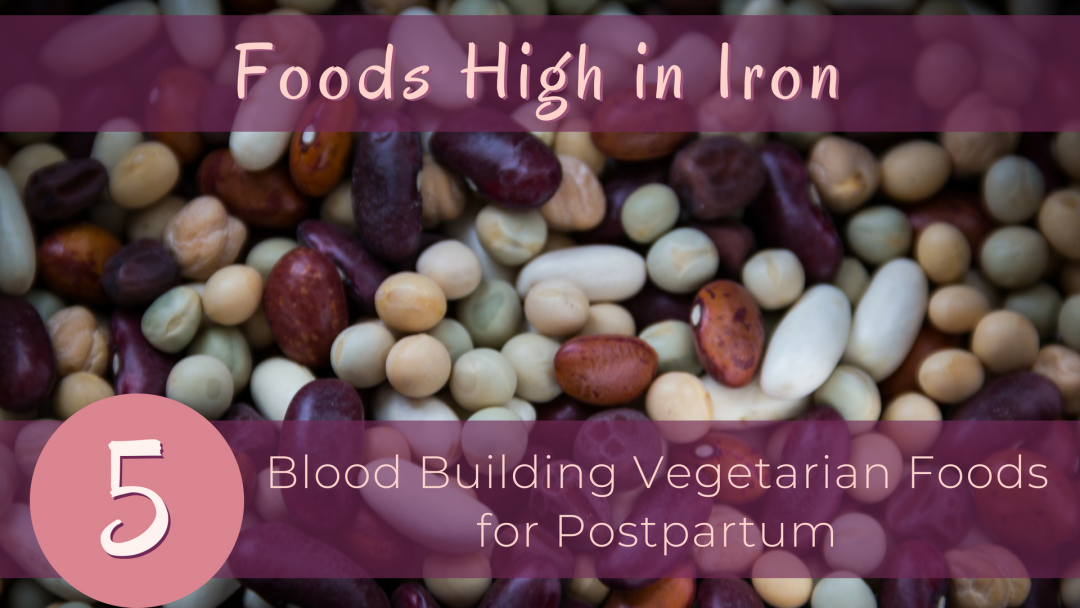
It isn’t necessary to eat heavy meats in order to boost your iron levels. In fact, there are plenty of plant foods high in iron that can rebuild your blood, with the added bonus of being eyeball-free 😳.
Eating a vegetarian postpartum diet is highly recommended in Ayurveda, a tradition which has been perfecting the art of vegetarian postpartum cooking for millennia. In Ayurvedic cooking, food is medicine. Learning the power of different foods, how and when to utilize them, is an art unto itself. An art that I absolutely LOVE!
5 Vegetarian Foods High In Iron That Are Excellent For Postpartum Healing
Make sense ya?
Eating heavy meats can easily dampen the fire of your already sensitive digestion. Meat contains heme iron, which is a form that scientists have found is more easily absorbed than the non-heme iron from plant sources.
But what if you can’t digest your food?
After birth, mamas have an extremely sensitive digestion. Digesting heavy foods like meat can be quite difficult. If you aren’t able to digest your food, you will have limited access to the nutrition available. That is why an easily digestible vegetarian diet is recommended.
After birth we need foods that are not only high in iron, but easy to digest, promote healthy tissue growth and are loaded with nutrients. Below are 5 plant-based foods that not only are high in iron, but are easy to digest and will promote a well-rounded, strong postpartum recovery.
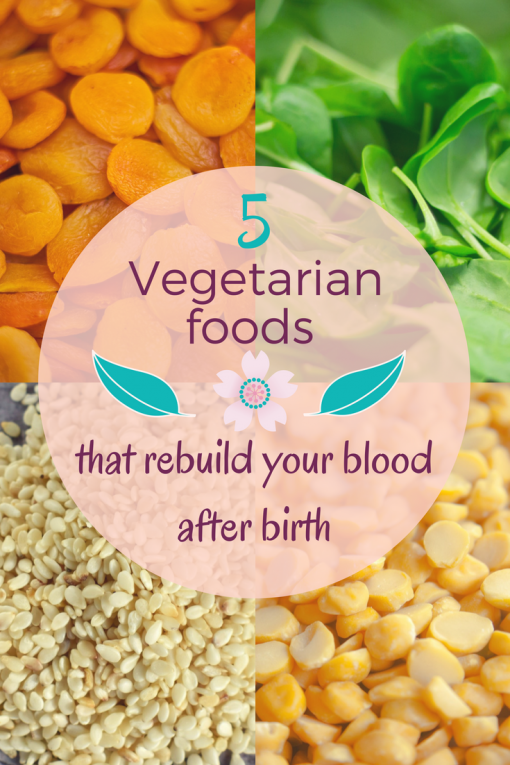
1. Dried Apricots
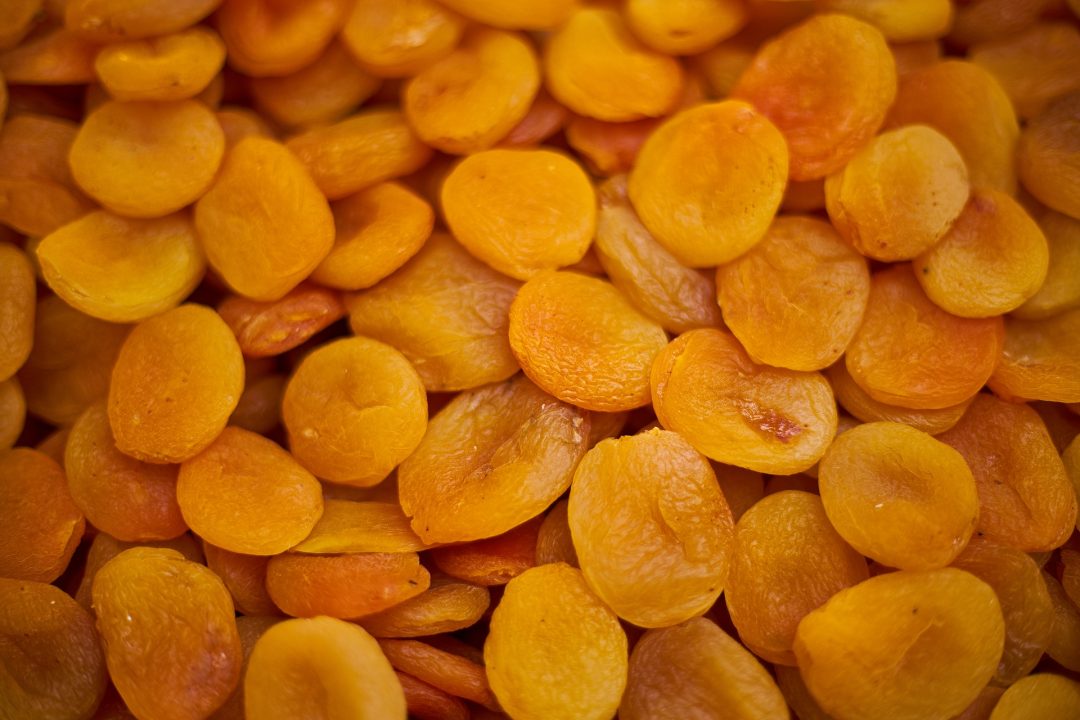
Why dried?
Think about how many fresh apricots you can fit in a cup. Not very many right? When you dehydrate them, they loose their water, and their nutrients become very concentrated. You can fit quite a bit more apricots in that cup.
What is the trick to making this work for the postpartum mama, who does NOT need more dryness in her life?
Soak them in water overnight and stew them on the stove top. Best with some digestive spices like ginger and clove, as well as some fruit juice and ghee. Yummy! 😋
2. Lentils
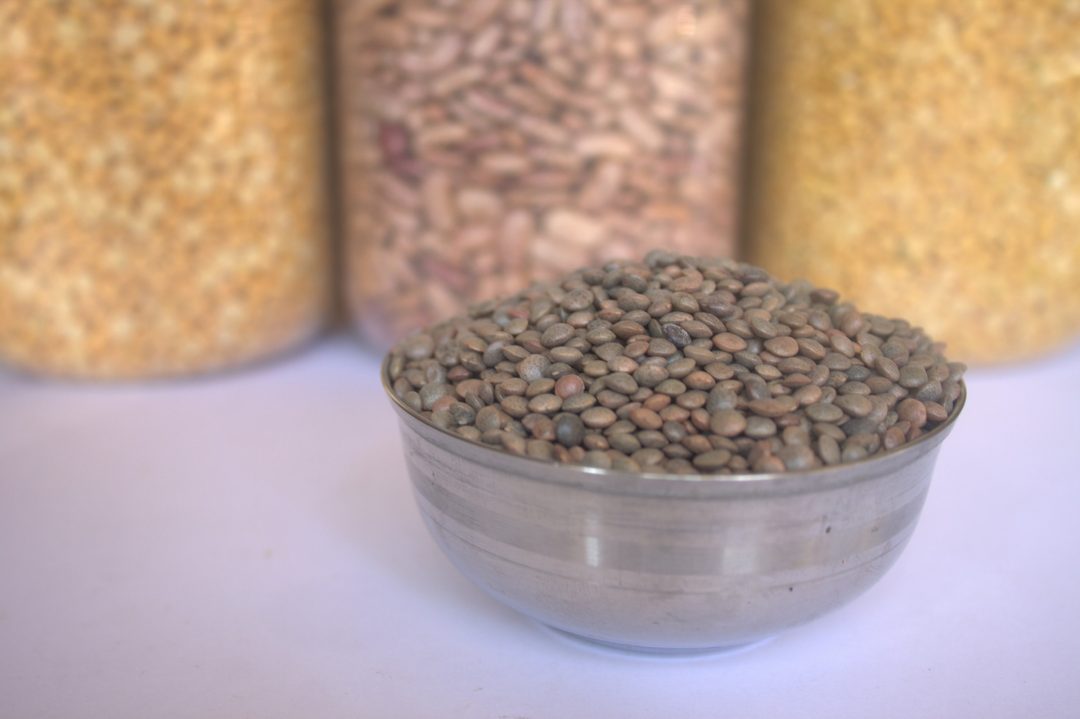
3. Cooked Spinach
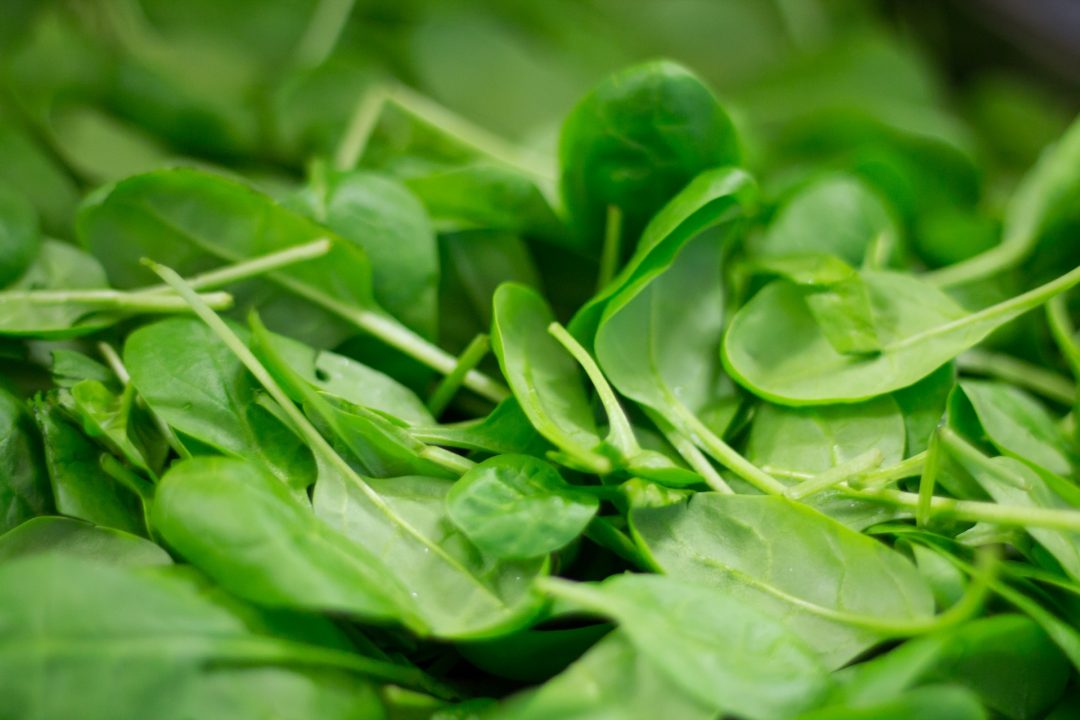
Minus the stagnant canned food vibe – yuck!
Cooked spinach has the highest iron content of all the dark, leafy greens , at a solid 6.4 mg per cup. It cooks down quite a bit, consequently making it easier to eat a solid serving size. It also cooks fast and is easy to digest, which are bonuses during the postpartum window.
Never eat spinach raw postpartum and it is best to wait 7 days after birth before adding to your diet.
4. Sesame Seeds
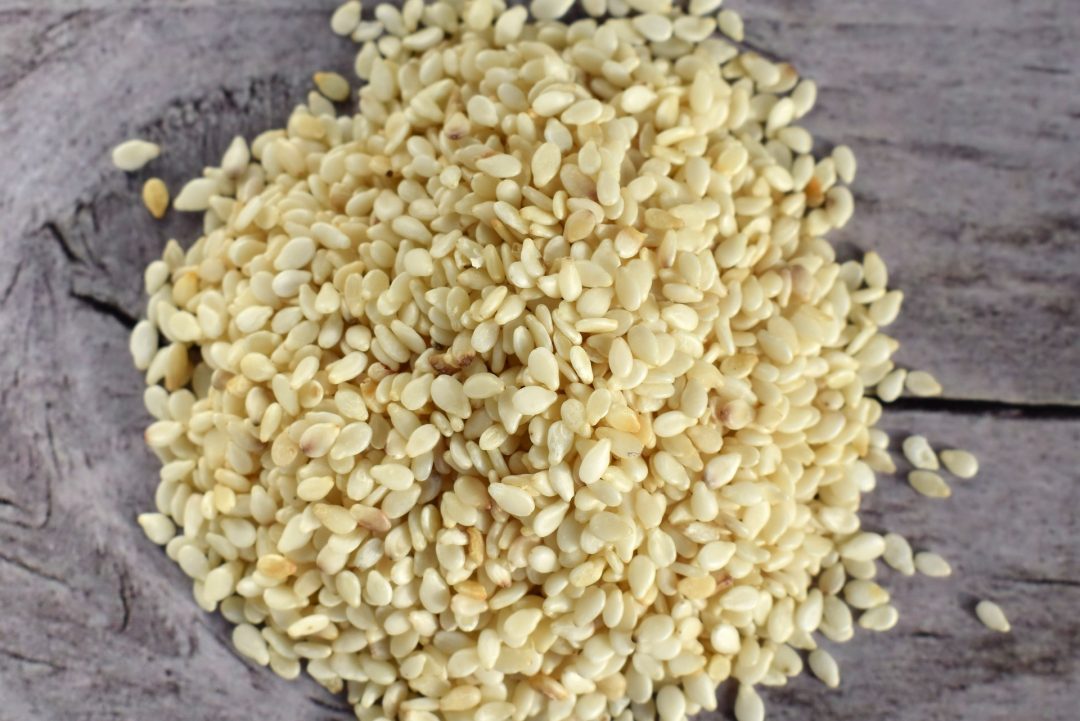
Sesame is a staple in Ayurvedic postpartum care. Ayurveda recommends using sesame in your diet, as well as sesame oil for mother’s massage & baby massage. Sesame seeds are not only high in iron, but high in calcium as well. In addition, (vegans listen up!) sesame oil is the very best plant-based oil to use during the postpartum window, both internally and externally. Tahini, a paste made from ground sesame seeds, has 2.3 mg of iron in just 2 Tbsp.
Sesame can be eaten in a variety of ways to enhance postpartum rejuvenation. Some examples include sesame oil, fresh sesame seed milk, tahini stuffed dates (both good sources of iron), as well as roasted/salted sesame seeds (can be sprinkled over your meal as a garnish).
5. Quinoa
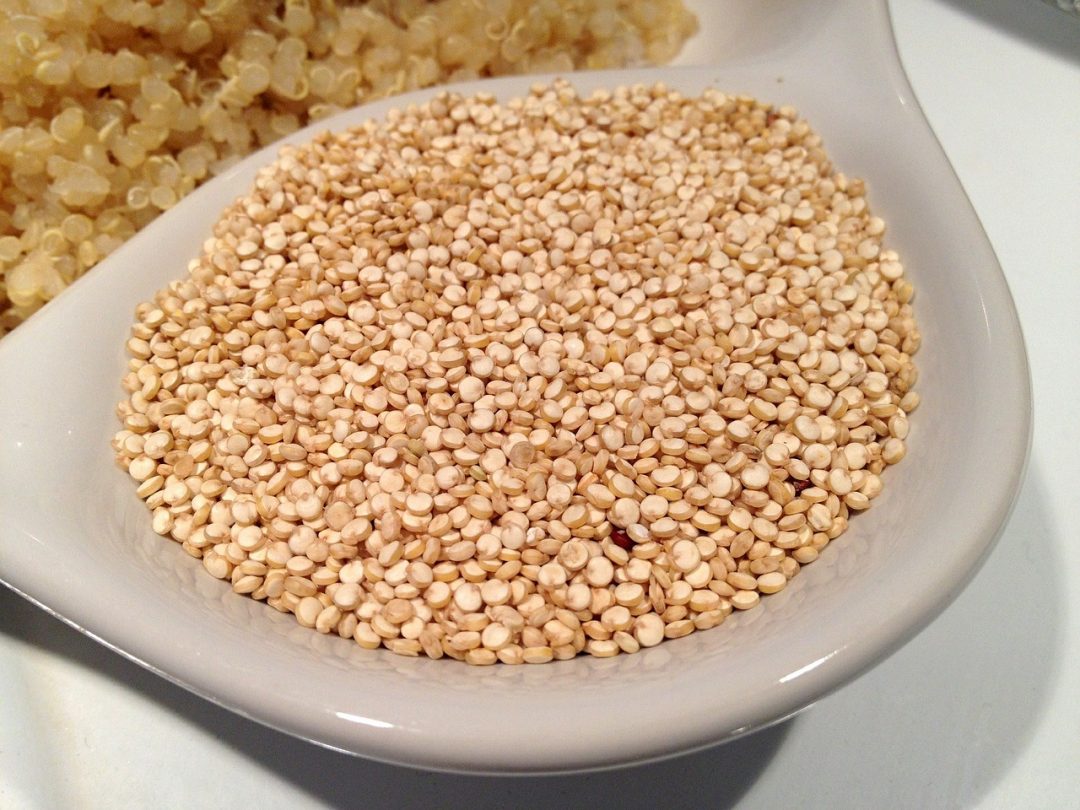


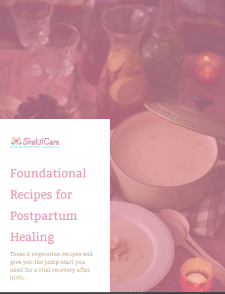
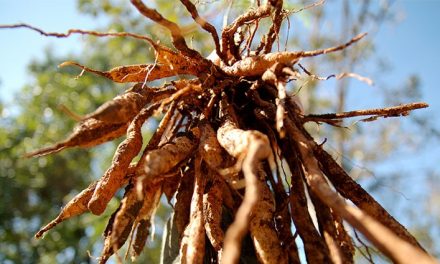

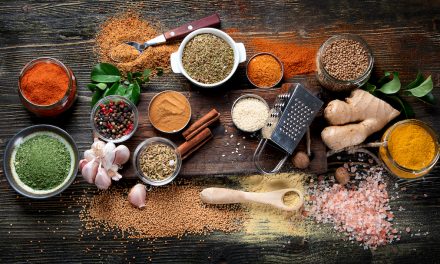






I have a bunch of homecanned apricot jam. Can I cook this before consuming to add to a sweet rice congee or is dried better?
Homemade is great. The main thing of concern here is the fruit mixed with the congee. I would wait at least 3 weeks after birth to mix the two. Not great food combining.